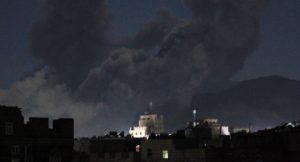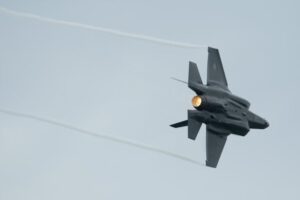
Former Secretary of State Henry Kissinger, the diplomat with the thick glasses and gravelly voice who dominated foreign policy as the United States extricated itself from Vietnam and broke down barriers with China, died Wednesday, his consulting firm said.
He was 100 years old.
With his gruff yet commanding presence and behind-the-scenes manipulation of power, Kissinger exerted uncommon influence on global affairs under Presidents Richard Nixon and Gerald Ford, earning both vilification and the Nobel Peace Prize.
Decades later, his name still provoked impassioned debate over foreign policy landmarks long past.
“No doubt my vanity was piqued,” Kissinger later wrote of his expanding influence. “But the dominant emotion was a premonition of catastrophe.”
A Jew who fled Nazi Germany with his family in his teens, Kissinger in his later years cultivated the reputation of a respected statesman, giving speeches, offering advice to Republicans and Democrats alike and managing a global consulting business.
He turned up in President Donald Trump’s White House on multiple occasions. But Nixon-era documents and tapes, as they trickled out over the years, brought revelations – many in Kissinger’s own words – that sometimes cast him in a harsh light.
Never without his detractors, Kissinger after he left government was dogged by critics who argued that he should be called to account for his policies on Southeast Asia and support of repressive regimes in Latin America.
Kissinger is survived by his wife of nearly 50 years, Nancy Maginnes Kissinger, two children by his first marriage, David and Elizabeth, and five grandchildren.
He will be interred at a private family service. At a later date, there will be a memorial service in New York City.






